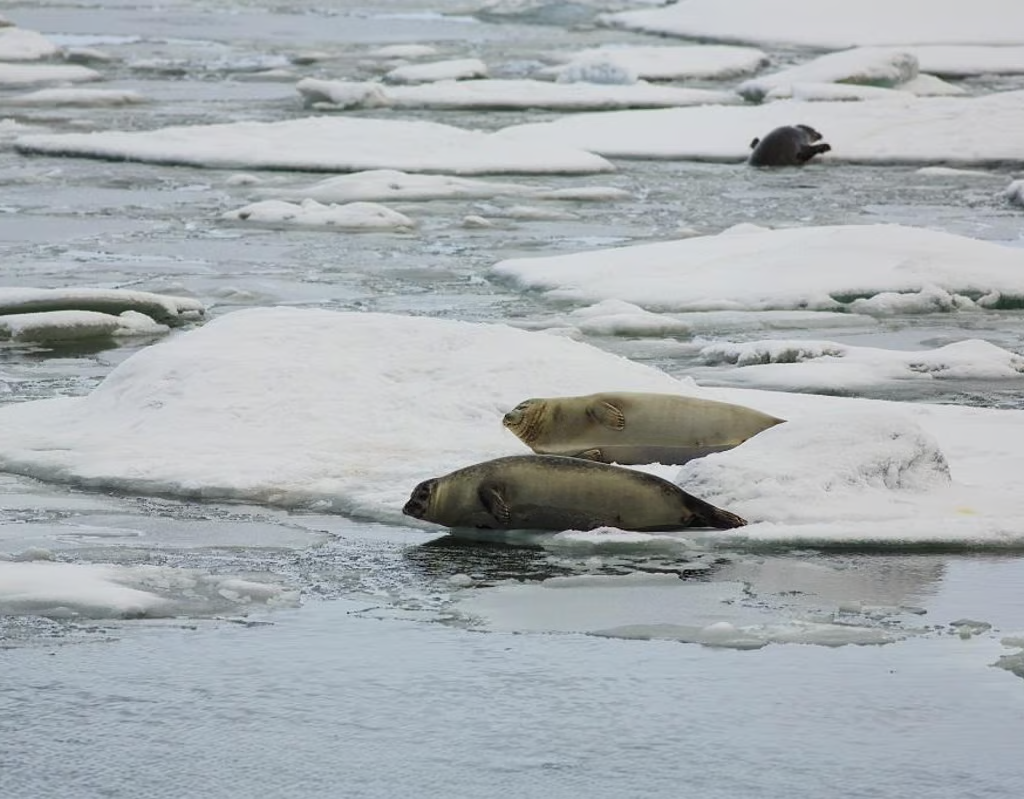
Labour’s victory in the general election marks the beginning of the UK’s transformation to a green, low-carbon economy, according to campaigners and experts, as the scale of the win became evident. Greenpeace described the Conservative party’s environmental U-turns as “as popular with voters as a root canal,” leading to their worst electoral defeat in modern history. The Green Party also achieved its strongest-ever performance, quadrupling its parliamentary representation.
This substantial victory gives Keir Starmer, the incoming prime minister, a strong mandate to implement bold actions on net zero and nature conservation. Ed Matthew, campaigns director at the E3G think tank, emphasized that reliance on oil and gas has fueled the cost of living crisis. He criticized Rishi Sunak’s delay and damage to clean energy policies, which could have reduced energy bills, calling it a “catastrophic political blunder.”
Matthew urged Starmer to fulfil his manifesto pledge to transform the UK into a “clean energy superpower,” noting that the landslide victory provides a historic public mandate to accelerate climate action, invest in future industries, and restore UK climate leadership.
Mike Childs, head of policy at Friends of the Earth, highlighted the urgency for the new Labour government to address environmental issues, citing recent extreme weather events and the rapid global deterioration of the planet. He called for immediate action on climate change and nature conservation.
Edward Davey, the UK head of the World Resources Institute, pointed out the new government’s opportunity and responsibility to lead in reforming the UK’s energy system and industrial base and to demonstrate global leadership on climate, development, and nature.
The message is clear: Labour’s election victory is seen as a mandate to act decisively on environmental issues and position the UK as a leader in the fight against climate change. Read More
News Credit: The Guardian
Picture Credit: Andrew Milligan/PA



